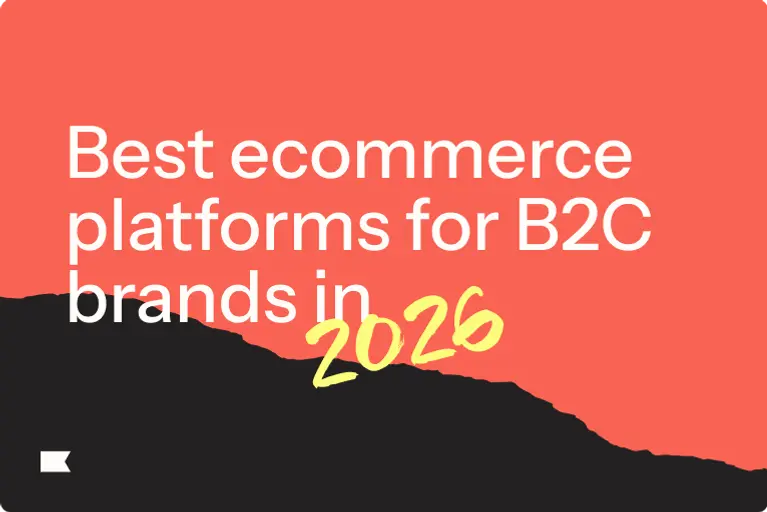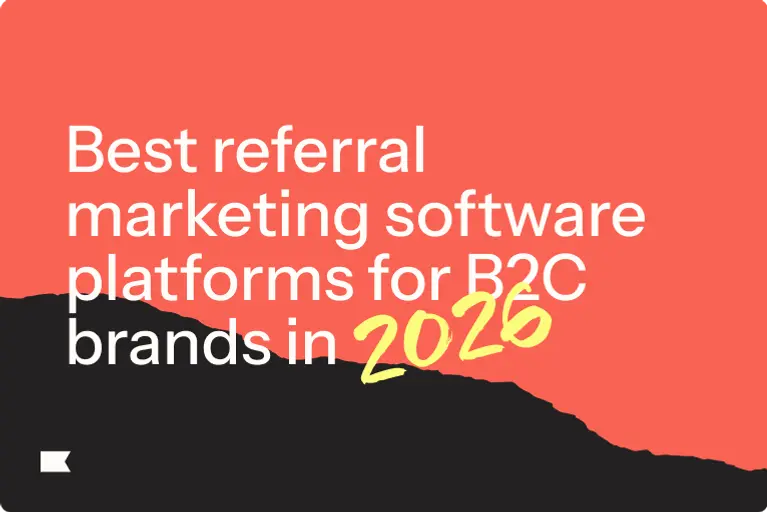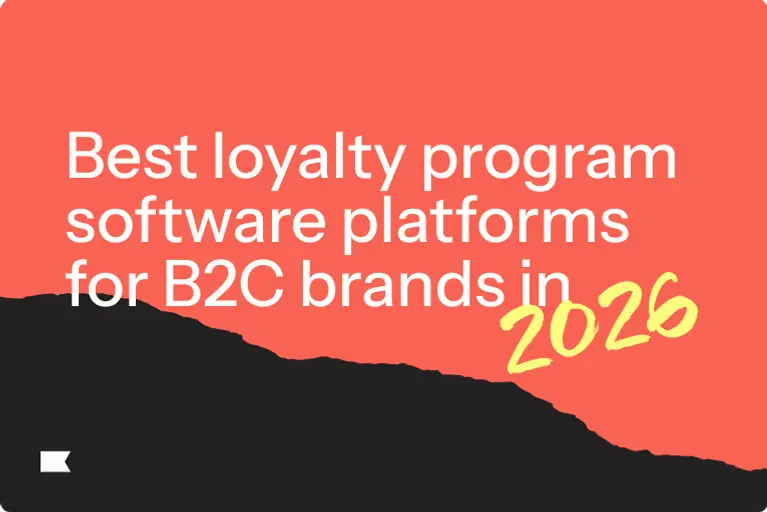The health & beauty industry is experiencing a glow-up.
The majority (66%) of large health & beauty businesses benefited from a rise in profits and margins in 2024, according to Klaviyo’s 2024 state of ecommerce report. This signals that consumer interest in this industry isn’t just growing—it’s booming.
While this is great news for health & beauty brands, the spike doesn’t come without challenges. With growth comes increased competition for the same customers and more noise to break through, creating a challenging (and crowded) market for those in the health & beauty industry.
And that means now is the time to experiment with new channels and tactics.
We recognize that brands don’t have endless resources to funnel into marketing, which is why our report offers insights to give you a starting point for your marketing and CRM strategy.
Get a sneak peek below into some of these findings, including where health & beauty brands are investing their resources and attention this year—and what customers have to say about those strategies.
Insight 1: Consumers expect to spend more, but they’re sensitive to price
In our survey, 53% of consumers said they expect their health & beauty spending to remain the same. Nearly a third (32%), meanwhile, shared that they’re planning to spend more on health & beauty products by the end of the year.
For 41% of them, that’s because they plan to buy more health & beauty products for themselves. For 17% of them, it’s because they’re planning to gift more products to other people.
But 42% of consumers who plan to spend more on health & beauty products attribute it to anticipating price increases in the sector.
And price is the top factor consumers consider when deciding which health & beauty brand to purchase from, alongside quality (78%)—far above factors like brand reputation (42%) and even reviews (39%).
This suggests that health & beauty customers may be willing to brand-hop if it means snagging a better deal, even if it means trying out a new or less-established brand.
How to use this insight to thrive in the health & beauty industry
Every business knows that a repeat customer is more valuable than a one-time customer. But this is especially true for health & beauty brands, where the vast majority of customers (85%) are price-sensitive and buy at least monthly, according to our survey.
In other words, the key to unlocking more revenue in this space is to lean into customer retention marketing strategies.
Naturopathica, a plant-based skincare brand that also runs multiple spa locations, does this by using Klaviyo to set up automated email flows with customized messages. For example, one flow sends out personalized aftercare tips when a customer completes an appointment. Another flow sends a celebratory discount code on a customer’s birthday.
Personalizing their email automation strategy contributed to a 43% increase in Naturopathica’s bookings revenue in a single quarter.
Insight 2: Loyalty programs are the missing key to unlocking more revenue
While we’re on the topic of retention, let’s talk about loyalty programs.
Our survey reveals that health & beauty brands are using retention-focused tactics like personalization (60%) and memberships/subscriptions (55%). But while 54% of brands offer loyalty programs, far more health & beauty consumers (88%) use them.
In other words, loyalty programs are a vastly underutilized tactic among brands. If you don’t have one in place or are failing to get the most out of your existing one, you might be leaving money on the table.
How to use this insight to thrive in the health & beauty industry
There are many different types of customer loyalty programs to choose from if you haven’t already set one up. Points-based and tiered programs, for example, tend to be popular choices for many health and beauty brands.
If you already have a loyalty program, there are likely opportunities for you to optimize your current offering.
Tata Harper, which sells luxury natural beauty products, maximizes their revenue by integrating Klaviyo with their loyalty platform. This empowers the team to consolidate all their customer data in one place and build integration-triggered flows around loyalty data—including a loyalty-triggered referral reward flow that launched in 2023 and helped Tata Harper grow their total revenue from flows by 139% YoY in Q1 2024.
Insight 3: Not all marketing channels are created equal
Of course, the question that every ecommerce marketer will have at this point is about channel strategy. Is it better to lean into paid ads on Instagram? Or find a way to optimize your email marketing approach?
While the answer will vary depending on your brand’s specific needs, our report offers some health & beauty industry statistics to use as a jumping-off point. According to the consumers we surveyed, the top 3 most influential marketing channels include:
- Search: 80%
- Email marketing: 62%
- Broadcast advertising: 59%
What’s interesting is that the top channels are a mix of owned and paid. Meaning, you should aim for a diverse, omnichannel marketing approach.
How to use this insight to thrive in the health & beauty industry
If you’re not tapping into these top channels as part of your retention strategy, now is the time to integrate them into your efforts. Or, if you’re already using all 3 channels, think of ways to take your efforts to the next level.
If your current approach to email marketing is mainly to send out mass emails to all your subscribers, for instance, a great next step is to introduce more segmentation into your email campaigns.
Happy V, a vaginal wellness brand, uses Klaviyo’s pre-built integrations to send loyalty-triggered flows to repeat customers—many of which are in their top 10 most revenue-driving automations. They also send quarterly campaigns to the segment of subscribers with 100+ points, reminding them to redeem their rewards.
Thanks to savvy tactics like these, Happy V drove 430% YoY growth in Klaviyo-attributed revenue in September 2023.
Insight 4: Consumers prefer an IRL purchasing experience
Health & beauty consumers, apparently, are less interested in buying their health & beauty products online—perhaps because the in-store shopping experience offers the benefit of sampling products or getting advice from beauty experts.
Whereas less than half of health & beauty consumers say they use third-party sites like Amazon or branded ecommerce sites to buy health & beauty products (46% and 37%, respectively), 61% prefer to buy from a brand’s retail store.
Note that this preference for in-person shopping does not necessarily extend to third-party retail stores like Walmart (45%), which consumers shop from at a similar rate to third-party online retailers like Amazon.
How to use this insight to thrive in the health & beauty industry
There are plenty of creative strategies for drawing more people to your website—and encouraging them to purchase from your brand online.
For example, you can offer an online-only discount that people can only access through your ecommerce site. This will incentivize them to “shop around” online and make a purchase to take advantage of the deal.
You can also help consumers feel more confident in their online purchasing decisions. Beekman 1802, for example, provides high-quality visuals for each of their products. Their daily face moisturizer comes with multiple photos and videos that show shoppers exactly how the product looks and functions. The website also offers clear product specifications, instructions, and reviews to give customers all the information they need to make an informed decision.
Another tactic to consider is using automated email flows to encourage people to return to your website. Klaviyo’s product analytics team found that abandoned cart emails are more effective at driving purchases compared to any other automated flow that you set up.
That’s why Cheeky Wipes, which sells “simple reusables” in categories like baby wipes and period products, set up a hyper-personalized abandoned cart email flow with Klaviyo. The content of these emails is customized based on the nature and number of products someone has viewed—and includes relevant customer reviews that will resonate with buyers.
As a result, the brand is able to generate 47% of their revenue via email marketing alone.
Get the full report to make your brand shine
It’s a great time to be a health & beauty brand. Between an increasing interest in these types of products and consumers’ overall willingness to invest more in themselves, it’s clear that the health & beauty industry is packed with opportunities to grow.
Want to dive deeper into the state of the ecommerce industry?




